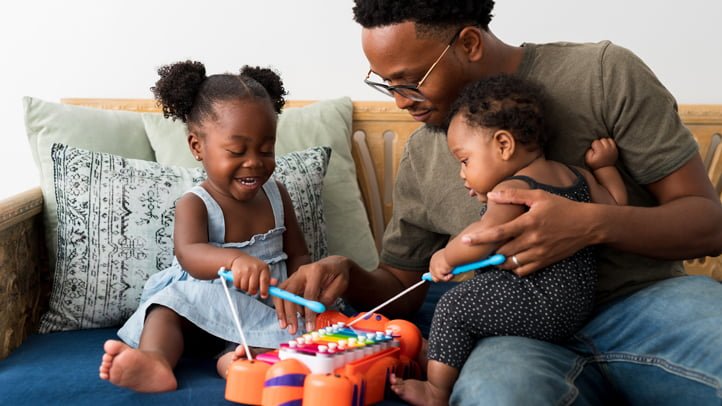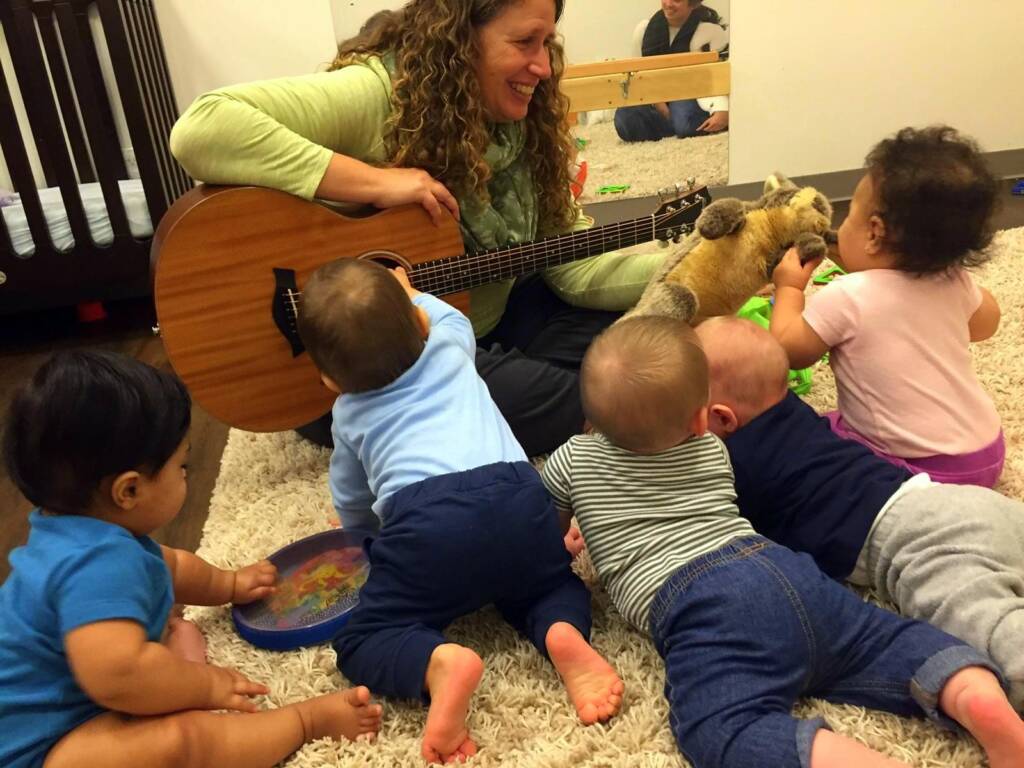Importance of Early Stimulation for Babies
Early stimulation plays a crucial role in a baby’s overall development. It helps shape their cognitive, emotional, social, and physical growth, setting a strong foundation for future learning and well-being. Among the various forms of early stimulation, music and singing stand out for their wide-ranging benefits. Engaging babies with music and singing can significantly enhance their developmental trajectory.
Overview of the Article
This article explores the myriad benefits of music and singing for babies, providing detailed insights into how these activities support cognitive, emotional, social, and physical development. We will delve into specific types of music, practical ways to incorporate music into daily routines, and expert opinions on the subject. By the end of this article, you’ll have a comprehensive understanding of how to harness the power of music and singing to benefit your baby’s growth and development.
Brief on Music and Singing in Baby Development
Music and singing are not just enjoyable activities; they are potent tools for early childhood development. They stimulate the brain, enhance emotional well-being, and provide a medium for social interaction and physical coordination. From soothing lullabies to energetic nursery rhymes, the diverse range of musical experiences available to babies can support their growth in numerous ways.
Cognitive Benefits
Enhances Brain Development
Music exposure stimulates various areas of the brain, promoting neural connections that enhance cognitive functions. Listening to and engaging with music activates both hemispheres of the brain, fostering creativity and analytical skills. Studies have shown that babies who are exposed to music show greater brain plasticity and improved cognitive abilities.
Improves Memory Skills
Songs and rhythms can help improve a baby’s memory. The repetitive patterns in music help babies recognize and remember sequences, which is a fundamental cognitive skill. Singing the same songs regularly can reinforce memory and aid in the development of long-term memory retention.
Supports Language Acquisition
Music and singing play a vital role in language development. The rhythmic and melodic patterns in songs help babies discern the sounds and structures of language, which are essential for speech development. Nursery rhymes, in particular, are excellent for teaching vocabulary and phonetic awareness.
Encourages Problem-Solving Skills
Engaging with music can enhance a baby’s problem-solving abilities. Musical activities often require babies to follow patterns, predict sequences, and recognize variations, all of which contribute to their ability to think critically and solve problems.

Emotional Benefits
Strengthens Parent-Child Bonding
Singing and making music together create intimate and joyful moments between parents and babies. These activities foster a strong emotional bond and provide a sense of security and love. The shared experience of music can deepen the connection and understanding between parent and child.
Provides Emotional Comfort
Music can be a source of comfort for babies. Soothing melodies and familiar songs can calm a fussy baby and provide emotional reassurance. Lullabies, in particular, have a profound calming effect, helping babies relax and feel safe.
Reduces Stress and Anxiety
Listening to and participating in musical activities can reduce stress and anxiety in babies. The rhythmic patterns and harmonies in music can have a soothing effect, lowering stress hormones and promoting a sense of well-being.
Encourages Expressive Skills
Music and singing provide an outlet for babies to express their emotions. Whether through movement, vocalization, or playing simple instruments, babies can convey their feelings and experiences in a non-verbal way, enhancing their emotional intelligence and expressive abilities.
Social Benefits
Fosters Social Interaction
Music is inherently a social activity. Participating in musical activities with family members, caregivers, or other children encourages social interaction and cooperation. Babies learn to take turns, share, and communicate through the universal language of music.
Encourages Turn-Taking and Sharing
Engaging in musical play, such as passing instruments or singing in rounds, teaches babies the concepts of turn-taking and sharing. These social skills are crucial for their interactions with others and for building positive relationships.
Enhances Empathy and Understanding
Music can enhance a baby’s ability to empathize and understand others. Listening to different types of music and observing the emotions they evoke can help babies develop a sense of empathy and appreciation for diverse feelings and experiences.
Builds Cultural Awareness
Introducing babies to a variety of musical genres and traditions from around the world can build their cultural awareness and appreciation. Music is a powerful tool for teaching about different cultures, fostering an early sense of global citizenship and respect for diversity.
Physical Benefits
Promotes Motor Skills Development
Musical activities often involve movement, which can promote motor skills development. Clapping, dancing, and playing simple instruments like drums or maracas help babies develop their fine and gross motor skills.
Encourages Coordination and Balance
Engaging with music through movement encourages babies to practice coordination and balance. Dancing to rhythms and melodies helps improve their physical agility and control.
Enhances Sensory Development
Music stimulates multiple senses simultaneously. Listening to music involves auditory processing, while dancing or playing instruments engages the tactile and visual senses. This multisensory engagement promotes overall sensory development in babies.
Supports Healthy Sleep Patterns
Soothing music and lullabies can support healthy sleep patterns in babies. The calming effects of music can help babies relax and transition into sleep more easily, contributing to better rest and overall well-being.

Developmental Milestones
Impact on Early Milestones
Music and singing can positively impact early developmental milestones. From recognizing sounds and mimicking rhythms to developing early speech and motor skills, musical activities support a wide range of developmental achievements.
Role in Preschool Readiness
Exposure to music and singing prepares babies for preschool by enhancing their cognitive, social, and emotional skills. The ability to follow instructions, recognize patterns, and engage in group activities are all fostered through early musical experiences.
Influence on Academic Success
Research suggests that early exposure to music can influence academic success later in life. Skills developed through musical activities, such as attention, memory, and problem-solving, are foundational for academic learning.
Long-Term Benefits into Adulthood
The benefits of early music exposure extend into adulthood. Adults who were exposed to music as babies often show greater creativity, better social skills, and a lifelong appreciation for music and the arts.









